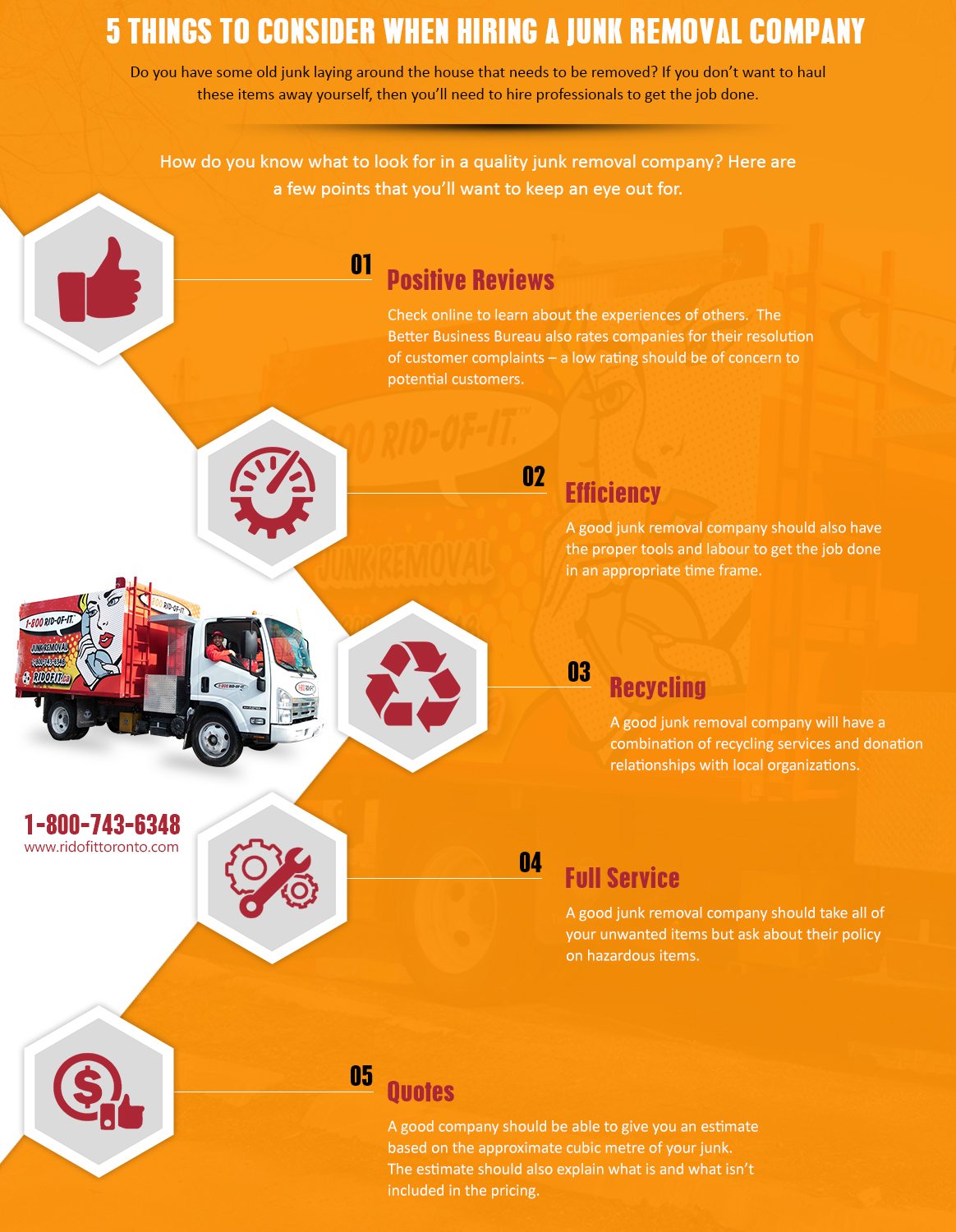Unlock The Secret To Choosing The Perfect Dumpster Size For Your Task, Enhancing Efficiency And Lowering Expenses With The Understandings Supplied In This Extensive Guide
Unlock The Secret To Choosing The Perfect Dumpster Size For Your Task, Enhancing Efficiency And Lowering Expenses With The Understandings Supplied In This Extensive Guide
Blog Article
Developed By-Swain Duckworth
When starting a job that calls for a dumpster, the size you select can considerably affect its effectiveness and cost-effectiveness. Envision having the best container that suits all your waste without being excessively huge or too tiny. All of it starts with understanding the nuances of your task and picking a dumpster size that aligns with your certain demands. So, prior to you make a decision, think about the factors at play to guarantee a seamless waste administration procedure from beginning to end.
Elements to Think about
When picking the appropriate dumpster dimension, there are a number of key variables to consider.
First, think of the kind of waste you'll be throwing away. Different materials might require differing quantities of space, so comprehending what you'll be placing in the dumpster is important.
Next off, assess the quantity of waste you expect to generate. If you take too lightly the quantity, you might need to make several journeys to get rid of everything, which can be bothersome and pricey. On the other hand, renting a dumpster that's as well big can bring about unnecessary expenditures.
Additionally, take into consideration the space where the dumpster will certainly be positioned. Make sure there's enough room for the dumpster to be provided and picked up with no blockages.
Last but not least, think about any type of weight limitations that may use. Going beyond the weight restriction can result in extra costs and even the refusal of service.
Dumpster Size Options
For selecting the right dumpster dimension, it's vital to have a good understanding of the available alternatives. Dumpster sizes usually vary from 10 to 40 cubic yards, with variations in between.
A 10-yard dumpster is suitable for little projects like a garage cleanout or a tiny improvement. If you're taking on a medium-sized task such as a kitchen remodel or a basement cleanout, a 20-yard dumpster might be the ideal option.
For larger projects like a whole-house restoration or industrial building, a 30 or 40-yard dumpster could be better to accommodate the quantity of waste created.
When deciding on a dumpster size, think about the amount and type of debris you anticipate to take care of. It's better to choose a somewhat bigger size if you're not sure to prevent overfilling. Remember, Learn Additional 's even more economical to rent out a dumpster that fits your needs rather than needing to purchase an extra one.
Matching Size to Project
Ideally matching the dumpster size to your task is important for effective waste monitoring. To determine the ideal size, think about the range and nature of your job.
For little family cleanouts or renovations, a 10-yard dumpster might be enough. These are normally 12 feet long and can hold about 4 pickup truck lots of waste.
For larger projects like remodeling multiple rooms or removing a big estate, a 20-yard dumpster might be preferable. These are around 22 feet long and can hold about 8 pickup truck lots.
If you're tackling a major construction task or business remodelling, a 30-yard dumpster could be the very best fit. These dumpsters have to do with 22 feet long and can accommodate concerning 12 pickup loads of debris.
Matching the dumpster size to your job ensures you have enough area for all waste products without overpaying for extra capability.
Junk And Debris Removal
To conclude, choosing the best dumpster size for your task is essential for efficient waste disposal. By thinking about variables like the type and quantity of waste, space schedule, weight constraints, and budget plan constraints, you can guarantee you have the suitable size dumpster for your demands. Ensure to match the dimension of the dumpster to the scope and nature of your job to prevent overspending on unnecessary costs.
